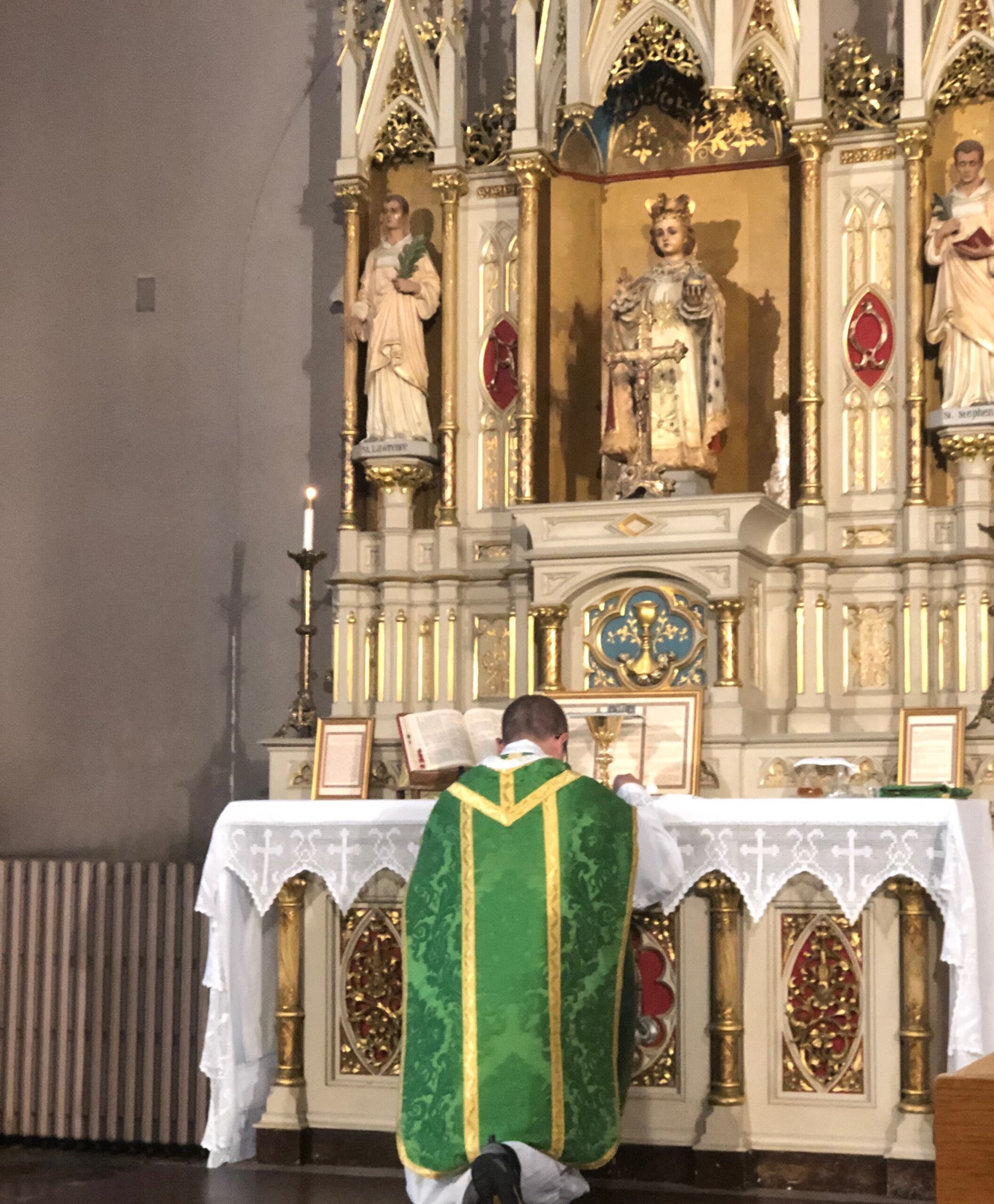In the 16th century, Pope St. Pius V wrote that no “superiors” can ever push “secular priests” or “religious” to be “coerced to alter” the Traditional Latin Mass, for the Council of Trent showed that it has its roots in Apostolic times. The following is a quote from Quo Primum from Pope St. Pius V. This document is part of the ordinary Magisterium that has been considered infallible and unchangeable. It entirely binds the Roman Catholic priest to never offer anything except the traditional Roman Rite, frequently called the Tridentine Mass:
Furthermore, by these presents [this law], in virtue of Our Apostolic authority, We grant and concede in perpetuity that, for the chanting or reading of the Mass in any church whatsoever, this Missal is hereafter to be followed absolutely, without any scruple of conscience or fear of incurring any penalty, judgment, or censure, and may freely and lawfully be used. Nor are superiors, administrators, canons, chaplains, and other secular priests, or religious, of whatever title designated, obliged to celebrate the Mass otherwise than as enjoined by Us. We likewise declare and ordain that no one whosoever is forced or coerced to alter this Missal, and that this present document cannot be revoked or modified, but remain always valid and retain its full force notwithstanding the previous constitutions and decrees of the Holy See, as well as any general or special constitutions or edicts of provincial or synodal councils, and notwithstanding the practice and custom of the aforesaid churches, established by long and immemorial prescription – except, however, if more than two hundred years’ standing.
The words “in perpetuity” are understood by all and its intent is unambiguously used. That is, such a document is to be binding on all Western clergy, forever.
